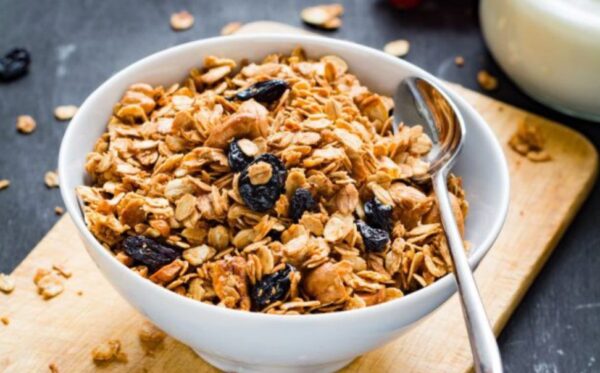Lifestyle
Why breakfast is the most important meal of the day

There is good reason for this with studies supporting the idea that starting your day with a balanced breakfast has an impact on your physical and mental performance throughout the day to follow.
The change in breakfast habits is often influenced by the rise of intermittent fasting, where skipping breakfast became common. People should understand that detox diets to food elimination trends, and a significant number of “wellness” fads lack robust scientific backing; though they may be quick fixes but in the long run they may lead to nutritional deficiencies, metabolic imbalances, and even disordered eating. Hence, one should follow the advice of an expert certified nutritionist that offers balanced guidelines tailored to individual needs. Often these days there is fear-based information being circulated rather than evidenced based.
On the other hand, with the hectic and stressful lifestyle these days, one should structure a diet well and focus on balanced diets for busy lives. Meal timing plays a crucial role, especially when late dinners lead to digestion issues and weight gain. It’s important to prioritize adjusting meal timings, particularly dinner, and focus on both the quantity and quality of breakfast.
Portion control and variety is important, choosing flexibility over restriction is the key. It is not just about feeling hungry, your diet affects your cognitive function, mood, and productivity, especially breakfast meal. Research indicates that eating breakfast is associated with improved concentration, memory, and a more stable mood due to the replenishment of glucose levels in the brain, which is essential for cognitive function. Skipping breakfast can elevate cortisol levels, leading to stress, increased appetite, and weight gain. Breakfast is crucial not only for managing stress but also for long-term health and fitness goals. In essence, healthy eating should include breakfast, with careful attention to meal timing, portion size, and nutritional balance.
You will be surprised to know that eating breakfast regularly is also associated with better weight management. Individuals who eat a healthy breakfast tend to snack less throughout the day and consume fewer calories. They are more likely to maintain a healthy body weight.










